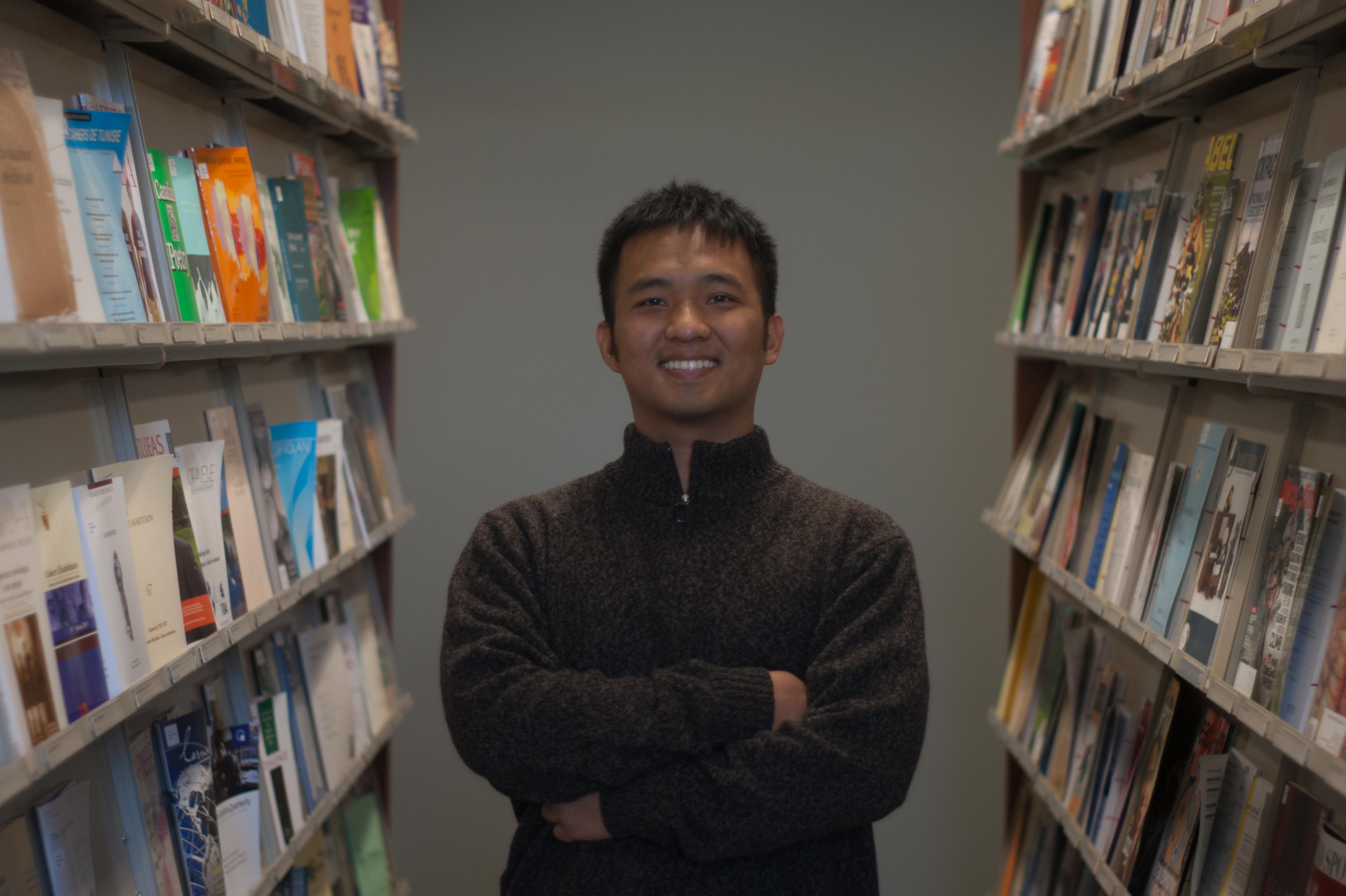Medical School: Applying as an International Applicant

By Huyen Nguyen
To many American students, applying to medical schools is a tedious and endless process. Taking hard science courses, volunteering, shadowing, doing research and studying for the MCAT are the most fundamental things a typical applicant must do throughout their four years in college. People may think that earning a spot in medical schools cannot get any harder, but in fact, there are even higher standards and more complicated requirements which must be fulfilled by a special group of students: international applicants. My friend Ha Nguyen, a senior majoring in Genetics and Philosophy, is one of those.
Ha came to the US by himself when he was only 13 years old. He knew nothing at the time, not even English. When his flight was delayed for three hours, he tried to get something to eat, picking Burger King because “burger” was the only word he understood. Ha then attended a military boarding high school in Texas, and after graduation, he came to UGA as he once joked, “because Athens’ food is way too good.” In his freshman year, Ha took several science courses and made a decision the next year that he would go to medical school in America.
I met Ha two years ago when I first came to the United States. As international students, we relate to each other well, but more importantly, we have the same dream. Yet, the voices of this special group of applicants are seldom heard and their additional hard work rarely recognized. I am therefore taking this opportunity to interview Ha about the rigorous medical school application process for international students.
Q: Why do you want to become a doctor?
A: Helping people has always been in my nature. Being a doctor allows me to do that even more.
Q: Why do you want to attend medical school in the US?
A: USA is the leading nation in medical technology. If I ever want to learn from somewhere, I want to learn from the best.
Q: What challenges do you think international students have to face when studying abroad?
A: Living away from home is not easy. They can only depend on themselves because their family is not here. They have to learn, write, read and think in a second language which is really difficult, especially with science courses as there are a lot of technical terms. Getting homesick is also a frequent occurrence because of cultural differences or language barriers.
Q: Living in such a different environment, have you ever had any health issues?
A: I lost 28 pounds after my first year in America as I could not eat anything. Things did get better in college, but the pressure of doing well and the anxiety about my future made me fall into a depression sometimes. When these kinds of things happened, I tried to talk to my family, but there were misunderstandings or a lack of communication due to the geological distance. Enduring your loneliness is a hard thing to do. I learned to stay optimistic, engage myself in social activities or go to the gym. I am also lucky to have great American friends. They are always with me during the hard times, which gives me motivation to go on.
Q: Is it hard for international students to be accepted to medical schools in America?
A: I have to say it is a lot harder for international students. There is not a lot of time for them to finish their applications as they have to make sure they get everything done before their visas expire. They are also required to pay their tuition upfront for the whole four years, which explains why some students that got accepted could never attend. Moreover, not all medical schools consider international students’ applications. For example in Georgia, only Emory University does, but even then the acceptance rate is relatively low.
Q: With all those difficulties, do you ever think that your decision of applying to medical schools here is too risky?
A: It is really risky I have to admit. There were times when I wondered if I was on the right path or not. However, I have been through many things to be sure that this is the only thing I want to do. I want to spend my youth doing what I love.
Q: What do you think should be changed to help international students be more successful?
A: Currently a majority of internship opportunities is limited to US citizens or permanent residents and having an internship can really help enhance your resume. I hope in the future, more companies will welcome international students. A lot of them have the talent and ability to succeed so they deserve a chance to develop it.
Opportunities are indeed important. If you do not have a stage to perform, no matter how good a singer you are, no one will know and appreciate your voice. Ha and other pre-med international students are trying, even harder than others, to prove their abilities. They had to leave their families, countries and a much easier life behind to follow their dreams. The obstacles that they have faced while living abroad, however, have taught them to look at a positive side, to be humble and to sympathize with other people’s hardships, a characteristic that any doctor must have.

